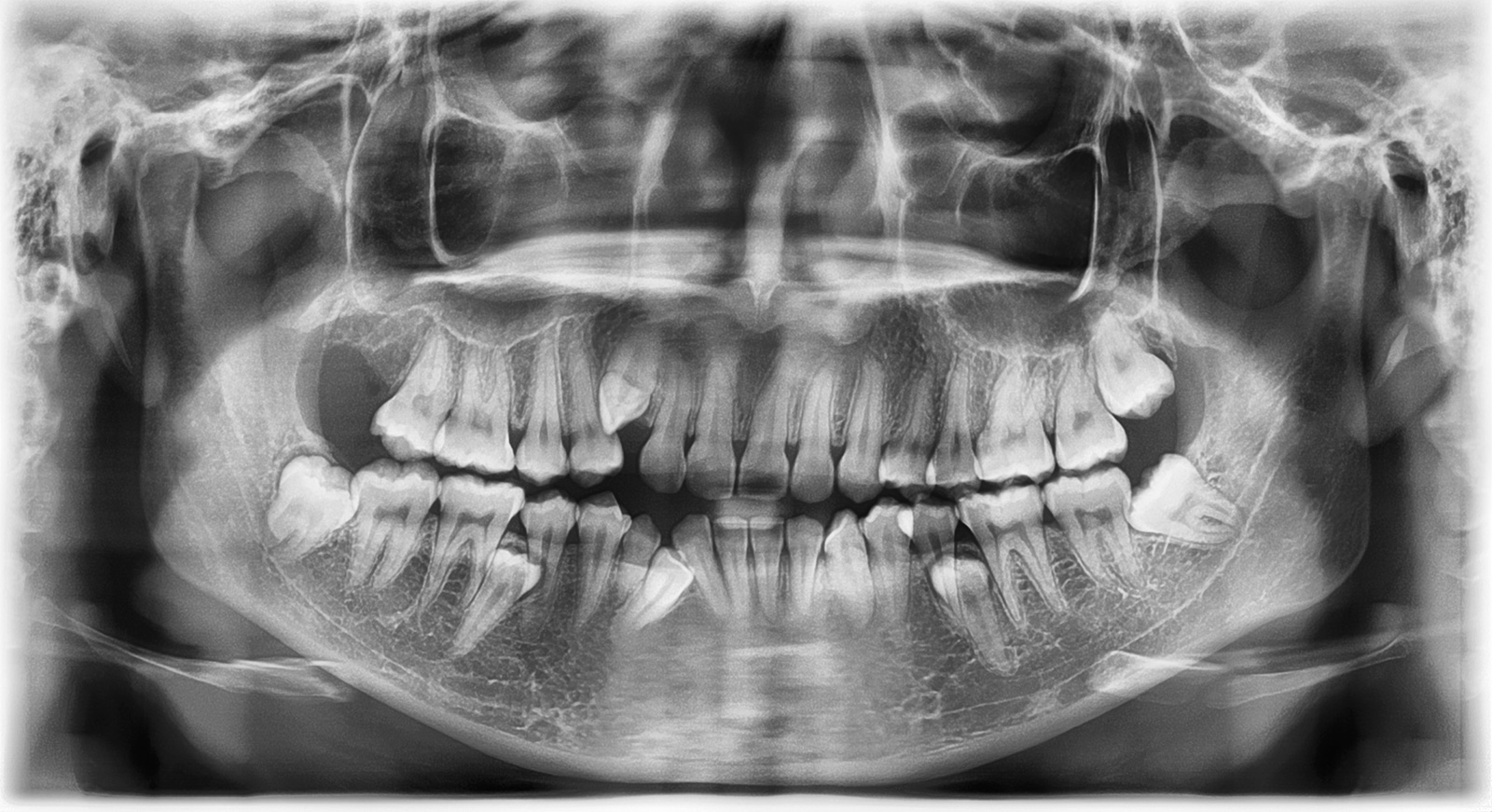Expert Management of Impacted Canines in Boulder, Brighton, and Denver, CO

Effective Treatment for Canine Impaction
What are Impacted Canines?
An impacted tooth is one that cannot fully come through the gums and perform the function it was meant to do. When impacted, teeth often cause significant pain and discomfort and can disturb other teeth around them causing more dysfunction and pain.
Aside from impacted wisdom teeth, impacted canines are the second most common type of tooth to become impacted. Canine teeth are the pointy “fang-like” teeth we have in our front top row of teeth. The canine tooth is also known as the eyetooth or cuspid. They are the longest teeth in the human body and are used to tear food. Canines typically erupt through the gums and fully become noticeable around age 13. Most often, they are the last front teeth to come through.
What Happens When Canine Teeth Become Impacted?
When canine teeth become impacted they can cause several complications including:
- Jaw Pain: When teeth don’t come into place as they should, they cause pain in the surrounding structures, including the jaw bone which can be incredibly uncomfortable.
- Crowding: The impacted canine can push up against the teeth around it, crowding them and causing other teeth to be out of place.
- Cavities: Teeth that do not come into place properly can make it difficult to floss and brush the teeth allowing bacteria to thrive and cause cavities and periodontal disease.
- Infection: Impacted canines increase the risk of cyst formation and infection which can further cause pain, bad breath, gum tenderness, and inflammation.
- Nerve Damage: Canines lie close to the mandibular nerve and if the impacted tooth causes inflammation of the nerve for too long, nerve damage can occur.
How Are Impacted Teeth Identified?
Early detection is key when it comes to treating and avoiding the complications of impacted canines. Before canine teeth erupt through the gums, we can see on imaging if they are present, in the proper position, and the path that they are set to follow. If that path gives any indication that they are likely to become impacted or cause complications, steps are taken to help.
The American Association of Orthodontists recommends that when kids are around 7 years old, imaging and a dental exam be performed to count the teeth and identify any possible issues with erupting adult teeth. First, it is important to determine whether all of the adult teeth are present, or if some adult teeth are missing. Second, it’s important to see if the adult teeth are positioned to come in properly or if they may be on a path to cause issues when they come in.
How Impacted Canines Are Treated
Your general dentist is typically the one to detect the problems early on and they will refer you to an orthodontist who can often help teeth come in properly before they become impacted. An orthodontist may start using braces to create enough space for the adult canines to come in properly. If the space is clear by age 11 or 12, then the eyeteeth will typically come in without a problem.
However, if the baby teeth are not coming out when they should, or other surrounding adult teeth are preventing proper eruption, our surgeons at Denver Oral & Maxillofacial Surgery will work together with your orthodontist to ensure all obstacles are removed and the canines come into place properly. This is often accomplished by exposing and bracketing the impacted canine, a simple surgical procedure performed in-office at any of our locations in Denver, Brighton, or Boulder.
Other situations that often require the assistance of oral surgeons can occur when canine teeth just don’t come through by themselves even with the space cleared for their eruption (usually by age 13 or 14). In some cases, the teeth never come out even into adulthood and they become fused in position. If the canine cannot be moved despite all the efforts of the orthodontist, our oral surgeons will surgically extract (remove) the impacted tooth and suggest alternative tooth replacements to fill the spot and complete one’s smile.
The Denver Oral & Maxillofacial Surgery Difference
Choosing us for your impacted canine concerns means entrusting a team of experienced and compassionate surgeons for your oral and maxillofacial needs. Our commitment to advanced surgical techniques, fused with our commitment to personalized patient care, makes us a trusted practice for you or your child’s impacted canine treatment in the Denver, Brighton, and Boulder areas.
Contact Us Today
We will be more than happy to schedule you for a consultation with one of our experienced oral surgeons if you are having difficulties with impacted canines. We will work with your orthodontist, dentist, and other dental professionals to find the right solution that will provide optimal function and comfort for you or your child. Contact us today!